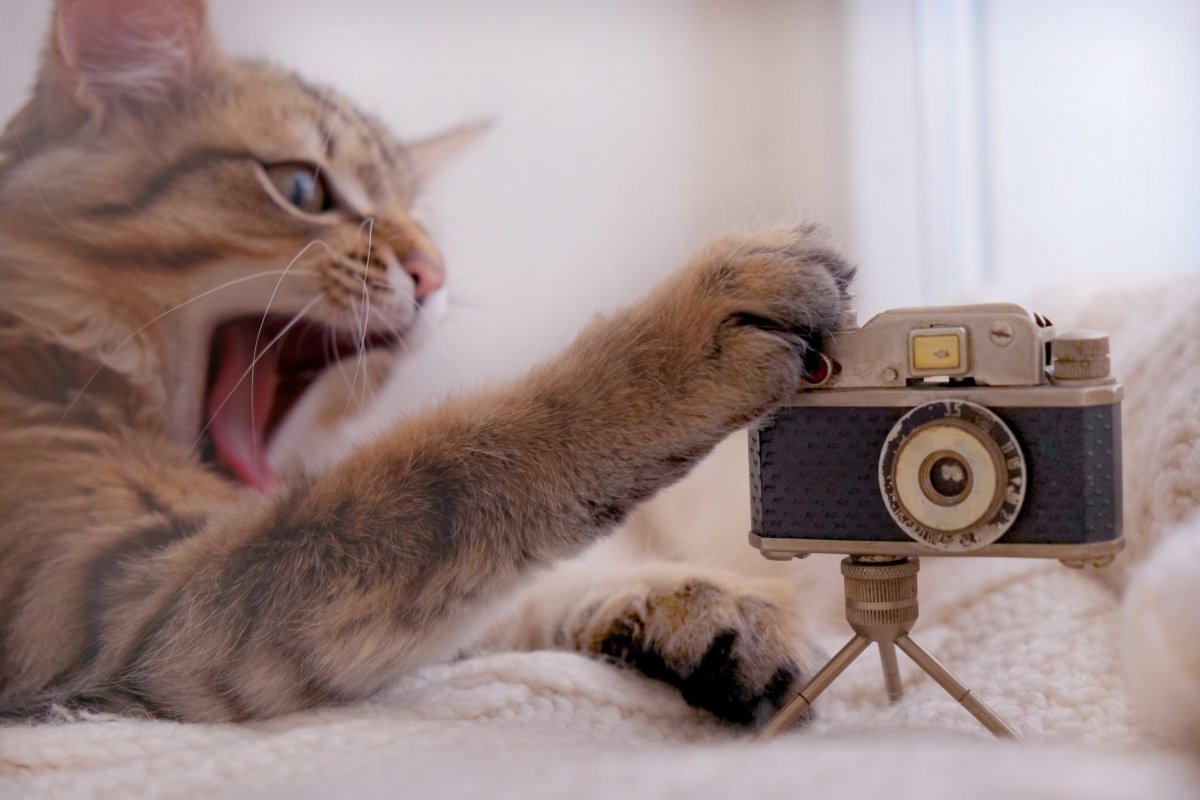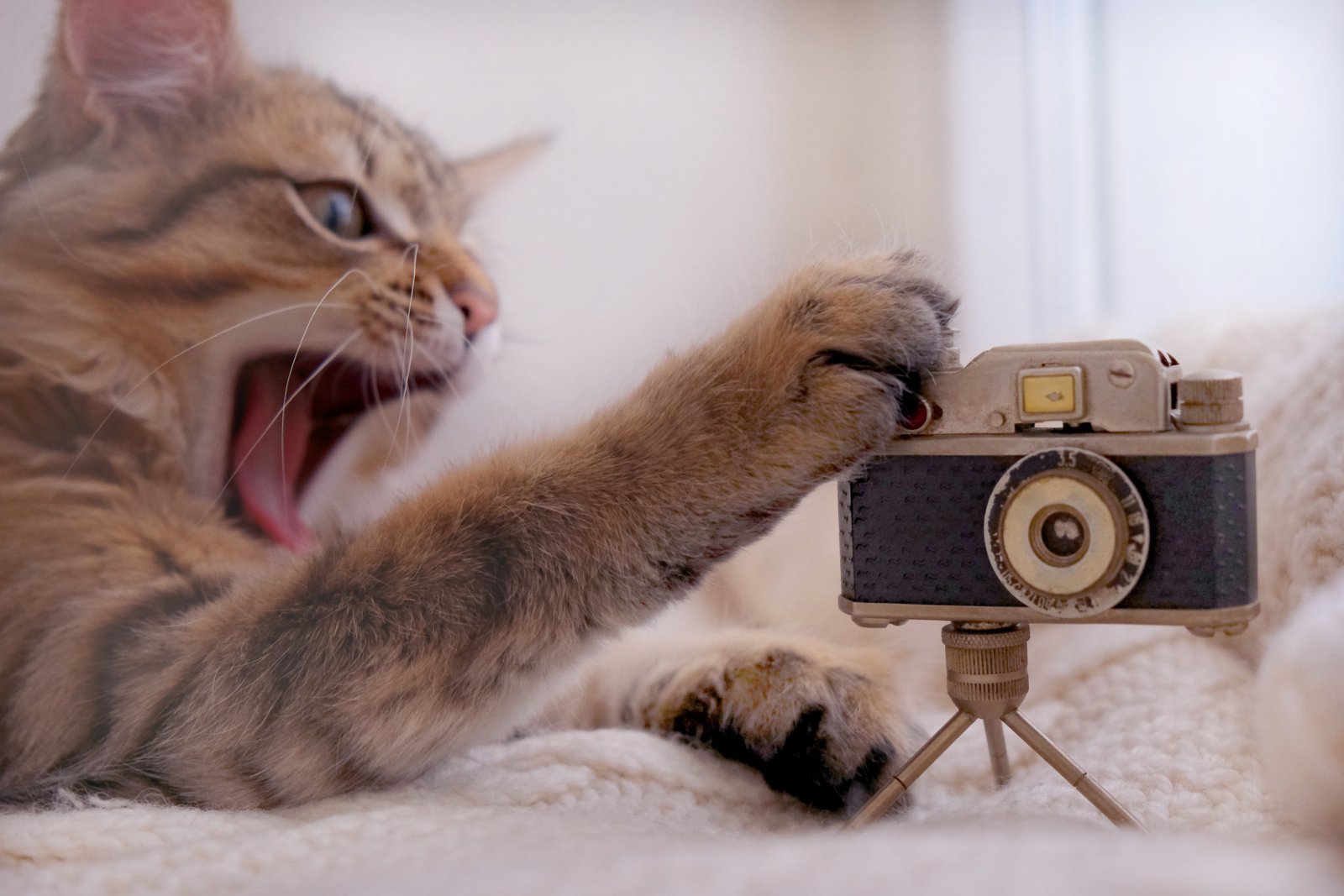In recent years pets have earned the trust and admiration of users across social media with their cute and wholesome personalities, and according to science, they have now become even more popular than humans.
An increasing number of “pet-fluencers”—domestic animals who have their own dedicated social media accounts where their owners post about them—are becoming household names, with some making impressive profits.
Perhaps the most famous example, is Nala the Cat, a Siamese-tabby mix with 4.5 million followers on Instagram, who has amassed an estimated $80 million fortune by sponsoring brands from cat food to mobile games.
But what makes pets so popular? According to a study by the University of Strathclyde it’s their trustworthiness.

getty images
The study published in the Journal of Advertising Research explores the impact of animal endorsements on consumer responses by comparing fake adverts featuring pets to those featuring humans. The results found that pets consistently outperformed humans in consumer appeal.
The research also highlighted the fact that the growing production of sponsored content by human influencers is leading to a general decline in trustworthiness, a phenomenon known as “influencer fatigue”.
Often, human influencers may be seen in a negative light if their persuasive intent is transparent, or if people believe they endorse brands that they do not necessarily believe in just to get paid.
Meanwhile, pets, who are not “subject to envy, jealousy, elitism and materialism,” offer a more genuine alternative, and brands have started to recognize their value.
“Petfluencers offer distinct advantages compared to human SMIs. While the persuasiveness of human influencers often stems from their relatability or aspirational appeal, petfluencers are seen as more genuine and sincere,” said paper author and marketing researcher Laura Lavertu in a statement.
“Because they are pets, they have no hidden agenda. They don’t come with the baggage or scandals that sometimes follow human influencers, which makes them seem more trustworthy.”
A pet’s trustworthiness also depends on the consumer’s individual tendency to anthropomorphize the animal, as often it’s assigning human characteristics to a pet that makes them more reliable.
This in conjunction with a present-focused mentality, make some people more prone to be influenced by pet-fluencers than human social media personalities.
Do you have funny and adorable videos or pictures of your pet you want to share? Send them to life@newsweek.com with some details about your best friend and they could appear in our Pet of the Week lineup.
Reference
Lavertu, L., Kulow, K., Cowan ,Kirsten, & Marder, B. (2025). Petfluencers, the Fur-Mula for Sincere Endorsements: Examining How and When Pets Exhibit Greater Persuasion as Influencers. Journal of Advertising Research, 1–16. https://doi.org/10.1080/00218499.2025.2463707




